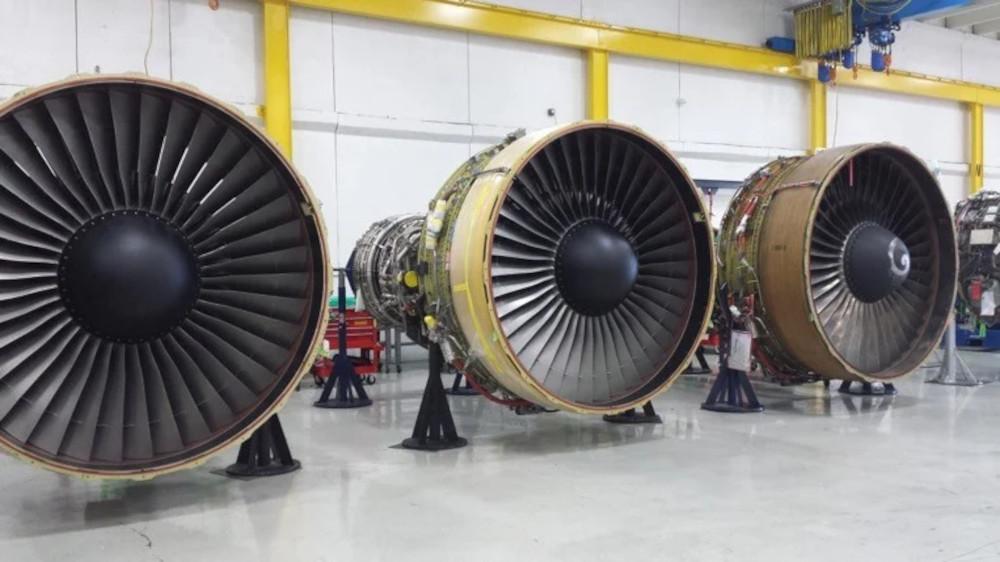
The current peak in air travel and a decrease in engine retirements has led to a surge in demand for green-time engines, hence the higher lease rates, according to Kellstrom Aerospace.
Demand has reached unprecedented levels, observes Michael Garcia, vice president of commercial at Kellstrom, and with the delivery schedules for new engines delayed, the industry is likely to face significant challenges in maintaining operational effectiveness.
U.S.-headquartered Kellstrom is working with MRO providers like Vortex Aviation to develop green-time assets that effectively address the needs of passenger and freighter aircraft markets. “I think there is sufficient availability of green-time engines to support the market, but this support will come at a premium price,” Garcia says.
Due to increased demand and constrained supply chains, operators will need to invest more to secure these essential assets, and Garcia says the premium pricing is reflective of the market dynamics where the urgency to meet both passenger and cargo transport needs intensifies the competition for available engines.
“While the market can be supported, [with green-time engines] it will require strategic planning and financial flexibility from operators to navigate this period of high demand and limited supply,” Garcia says.
Meanwhile, the International Airlines Technical Pool (IATP), a coalition of airlines sharing technical resources, is offering its newly launched engine pooling service as a short-term lease dedicated to unscheduled engine removals.
The engine pooling service was launched in March to support airlines in response to the ongoing lack of engine availability. Providing a service update to Aviation Week, IATP says the pooling offering will cover many of the popular current generation engines—including CFM56-5B/7B, V25, CF6-80C2, CF34-8E/8C/10E and GE90—and relevant engine stands.
IATP aims to ship an engine within 24 hours of the initial request. For a monthly engine participation fee, members can guarantee access to assets.
Repair capacity is the biggest challenge facing many MROs, in terms of ensuring engine availability for customers. To keep up, IATP relies on the engine provider and its network of MRO facilities and partners to navigate those challenges. According to IATP, this gives the pool significant added value in terms of flexibility to store engines worldwide to be closer to the user.
IATP plans to induct CFM International Leap 1B engines into the pool by the end of the year. The organization states that engine availability problems are not expected as the 1Bs do not face the same technical issues as the 1As.
The OEMs are addressing the challenges with new-generation engines, but the relentless demand for aircraft lift, combined with delays in new engine deliveries, is driving lease rates higher. “Consequently, these increased costs are likely to be passed on to consumers,” Garcia says. “This situation underscores the importance of robust supply chain management and strategic planning to mitigate the impact on both operators and end-users,” he adds.
Although the availability of engines remains constrained due to fewer retirements, proactive communication and planning with customers have proven to be a successful strategy, Garcia reports. “This approach allows us to effectively manage the challenges and continue delivering reliable solutions in a demanding market,” he says.





